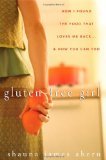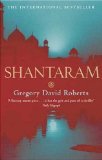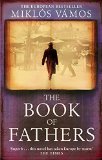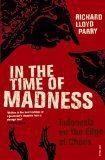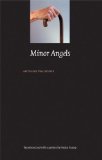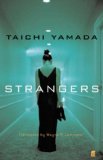Five words from the blurb: pain, avoid, bread, embrace, fresh
Shauna James Ahern was diagnosed with celiac disease at the age of 38. This meant that if she ingested any gluten her small intestine would be damaged. She had to completely change her diet – avoiding bread, pasta and processed foods in which gluten could be hiding. Rather than become upset by the food she’d be missing, Shauna took the news positively – looking at it as an opportunity to improve her cooking skills and investigate new recipes.
Gluten-Free Girl isn’t just a book for people who’ve been diagnosed with celiac disease – anyone who enjoys reading about food will love it. Her passion for new ingredients and recipes shines throughout. She describes food in one of the most vivid ways I’ve ever encountered:
There is simply nothing like real butter. The first taste is smooth and full and has a certain cleanness. Then comes rushing in a hint of richness, as the butter starts to melt around the tongue. High, clear notes sing out. Like good cheese, butter has a taste of its origins – pastures, sunlight, green grass, and a farmer who wakes up early to milk the cows,
Unfortunately the recipes let this book down. Many were very basic and their only adaptation to being gluten-free was the word ‘gluten-free’ before ‘flour’ or ‘pasta’ in the ingredients list. I wish she’d included recipes for naturally gluten free dishes – especially the ones involving millet, amaranth and sorghum that she described so well within the text.
The only recipe that sounded tempting enough to make was the chocolate and banana bread, but unfortunately the inclusion of rice flour in the recipe meant it tasted gritty. I think gluten-free cookery has advanced a lot since this book was published and I’m sure that Shauna’s own recipes have progressed from this initial publication in 2007.
Luckily the recipes are only a minor aspect of this book and they should not put you off reading it. I recommend Gluten-Free Girl for the way it passionately encourages people to experiment in the kitchen.

.
